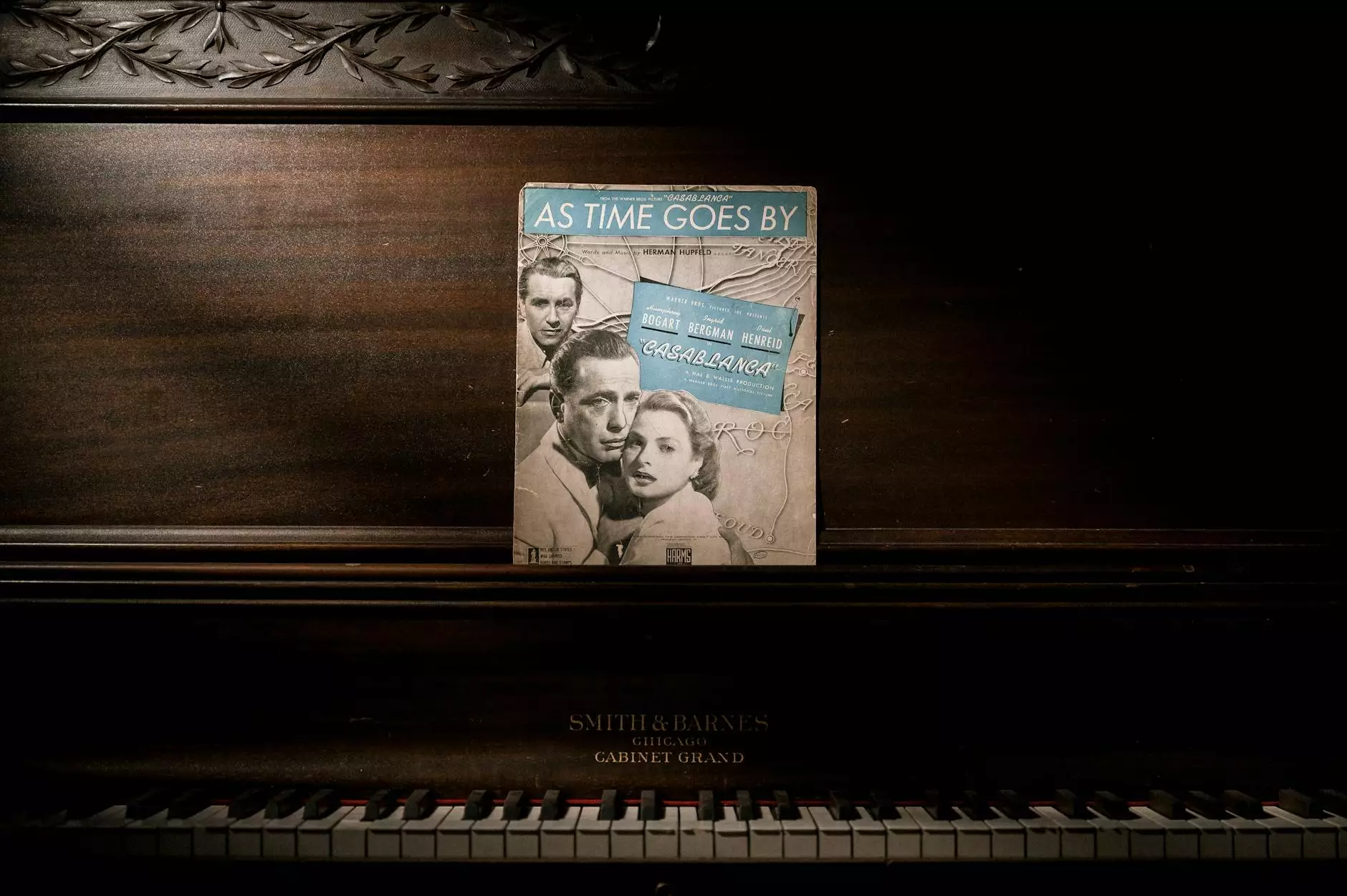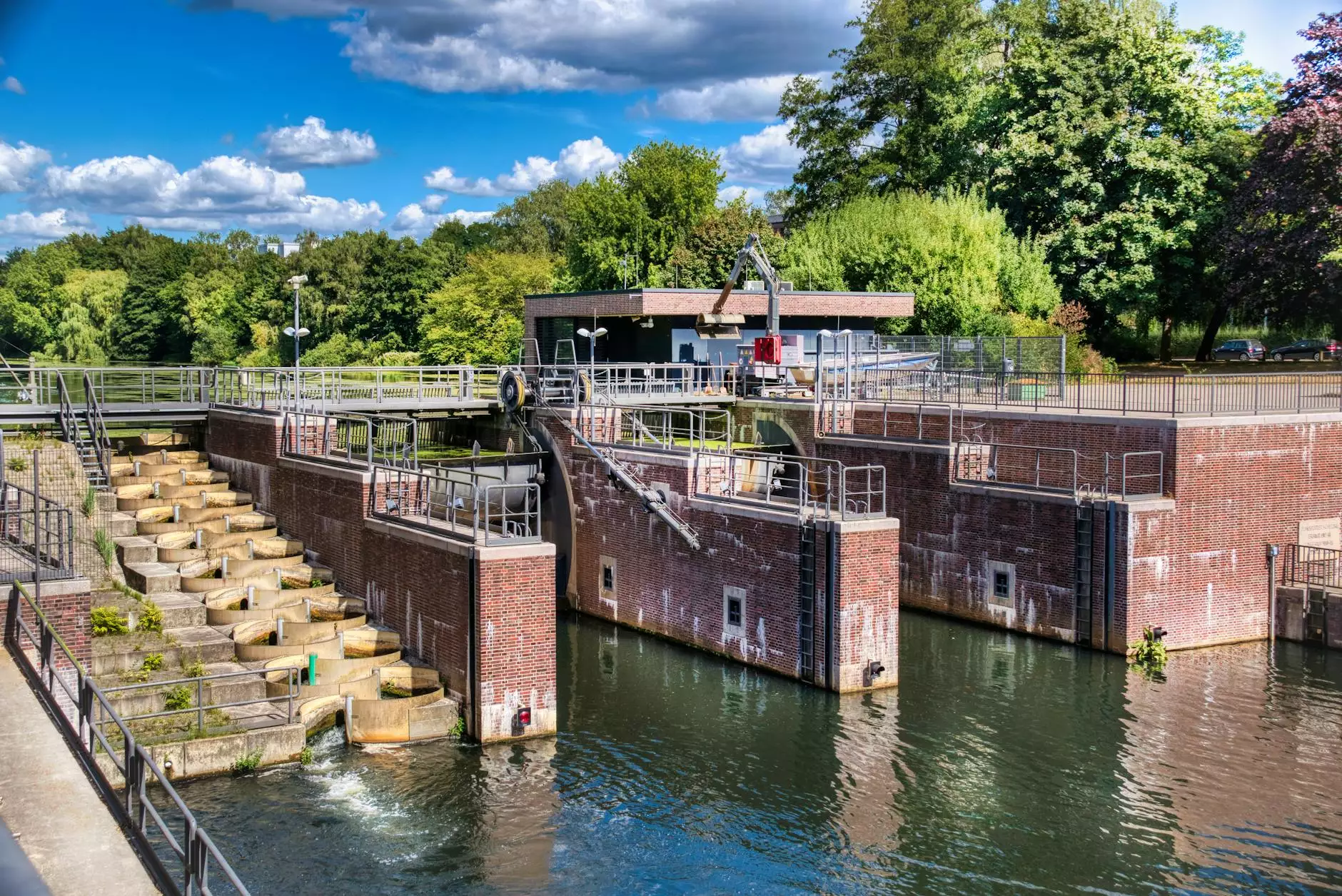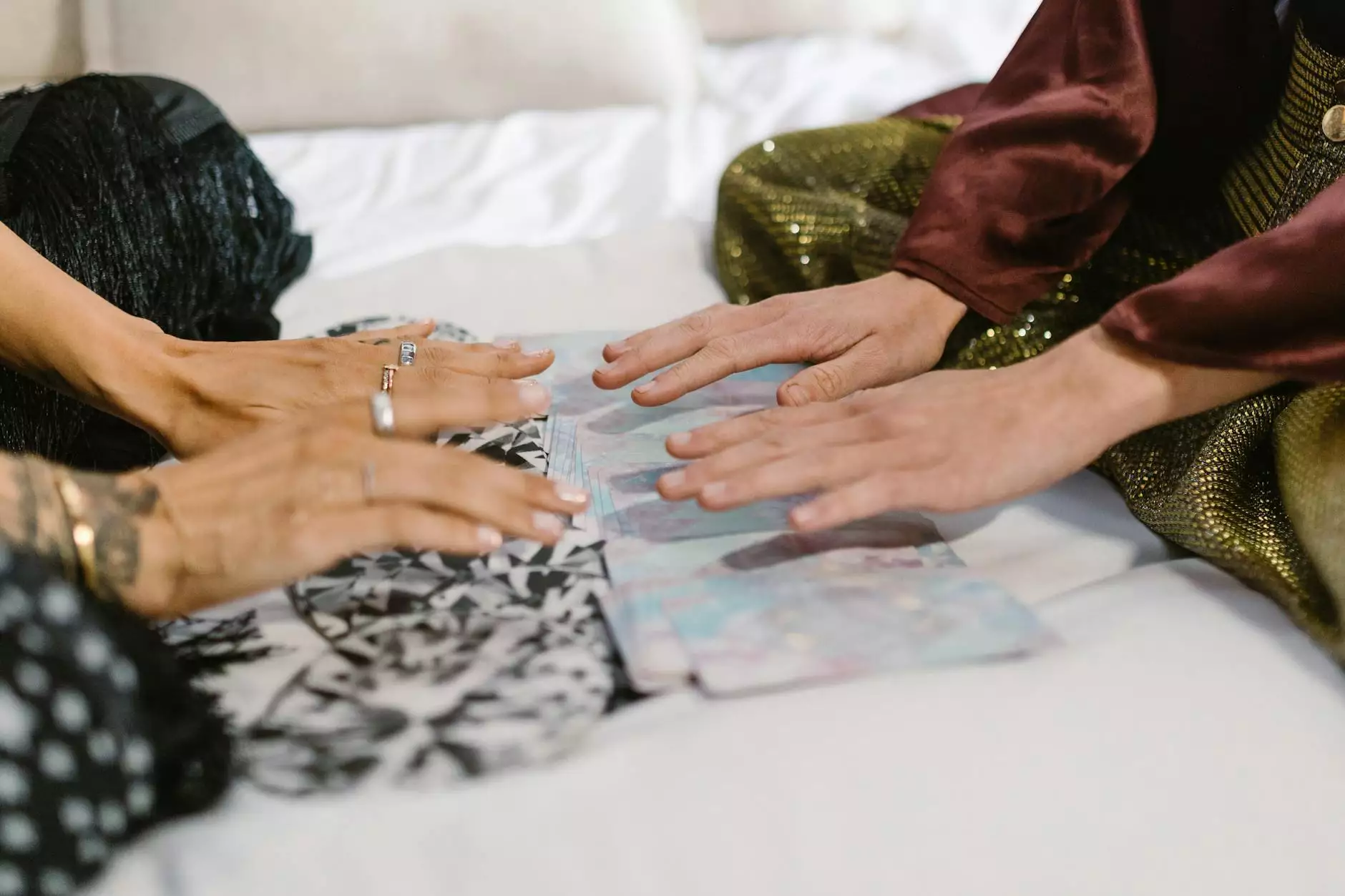Understanding Traditional Marriage in Ibibio Land

Traditional marriage in Ibibio Land exemplifies the rich cultural heritage and social structure of the Ibibio people of southeastern Nigeria. This article delves into the intricacies of these traditions, highlighting the significance of marriage across generations, the various rituals involved, the roles of families, and how these customs have evolved over time.
The Ibibio People: A Cultural Overview
The Ibibio people are one of the largest ethnic groups in Nigeria, predominantly found in Akwa Ibom State. Known for their vibrant culture, the Ibibio have a rich history marked by unique traditions that influence various aspects of life, especially marriage. Understanding the Ibibio culture is crucial to appreciate the depth of their marriage customs.
The Importance of Marriage in Ibibio Society
Marriage is more than just a union between two individuals in Ibibio culture; it is a strategic alliance between families. The institution of marriage serves several important functions:
- Social Alliances: Marriages are instrumental in forging bonds between families, promoting social cohesion and mutual support.
- Economic Benefits: Marriages often involve negotiations that can lead to economic collaborations, resource sharing, and family support.
- Cultural Continuity: Through marriage, cultural beliefs, practices, and values are transferred across generations.
- Procreation: The continuation of family lineage is a fundamental aspect of marriage, emphasizing the importance of children in society.
Stages of Traditional Marriage in Ibibio Land
The journey towards traditional marriage in Ibibio Land is characterized by several well-defined stages, each steeped in cultural meaning and significance. The following stages are critical to understanding the process:
1. Courtship
Before marriage, courtship is a crucial period wherein a man and a woman get to know each other. This phase allows both parties to assess compatibility and intentions. Family involvement is significant, as parents often vet potential partners and offer advice on the relationship.
2. Introduction
Once the couple has decided to marry, the next step is the introduction ceremony. This event is where the families meet formally to discuss the relationship and intentions. It is a light-hearted event marked by exchange of gifts and initial discussions regarding marriage conditions.
3. The Bride Price
In Ibibio culture, the bride price is a pivotal transaction that symbolizes the groom's respect for the bride’s family. This payment can include money and gifts, which are negotiated between both families. The bride price signifies the family's acceptance and the seriousness of the marriage proposal.
4. Engagement Ceremony
The engagement ceremony is a vibrant and colorful event where both families gather to celebrate the union of the couple. This ceremony often includes traditional attire, music, and dance. It serves to publicly announce the couple's commitment to each other, formalizing the engagement.
5. The Wedding Ceremony
The traditional wedding ceremony is the apex of the marriage process. It is characterized by elaborate rituals that highlights the cultural heritage of the Ibibio people. This may include:
- Traditional Attire: The bride wears a unique attire, often decorated with beads and intricate designs, while the groom dons traditional attire that represents his status.
- Rituals and Prayers: Elders perform rituals that invoke blessings from ancestors and the gods for the couple.
- Feasting and Celebration: The wedding is marked by grand feasting where delicacies unique to the region are served, showcasing the community ‘s culinary heritage.
Significant Customs and Rituals
Marriage customs in Ibibio Land are rich with various rituals that symbolize love, respect, and unity. Each ritual carries profound meaning, contributing to the overall significance of the marriage. Here are some notable customs:
Ritual of the First Presentation
The bride's family has specific rituals that must be observed, including the First Presentation, where the bride is presented to the groom's family. This event allows the groom’s family to assess the bride’s character and family background.
The Blessing Ceremony
During the blessing ceremony, the couple kneels before their elders to receive blessings and wise counsel. This rite reinforces the moral and ethical dimensions of marriage, emphasizing respect for familial ties.
The Dance of the Bride
The Dance of the Bride is a captivating facet of the traditional wedding ceremony. The bride showcases her culture through traditional dance, demonstrating skills that have been passed down through generations. This dance symbolizes joy and celebration, binding the community together as they partake in the festivities.
Modern Influences on Ibibio Marriage Customs
Over the years, the landscape of traditional marriage in Ibibio Land has seen changes influenced by modernization and globalization. While many customs have been preserved, newer practices have emerged:
- Incorporation of Christian Values: Many Ibibio people have embraced Christianity, leading to a fusion of traditional and religious practices within the marriage ceremonies.
- Changing Gender Roles: Contemporary views on gender roles have impacted traditional customs, with women increasingly participating in decision-making processes.
- Adoption of Modern Wedding Practices: Some couples opt for a combination of traditional and modern wedding elements, incorporating contemporary styles, venues, and attire.
The Role of Elders and Community in Traditional Marriages
Elders hold a revered position in Ibibio society, especially during marriage ceremonies. Their roles encompass:
Counselors and Mediators
Elders provide crucial guidance and mediation in the marriage process, ensuring that traditions are upheld and disputes are resolved amicably.
Custodians of Cultural Heritage
They serve as keepers of cultural practices, imparting knowledge of age-old traditions and values to younger generations, ensuring the survival of the Ibibio identity.
The Future of Traditional Marriage in Ibibio Land
The future of traditional marriage in Ibibio Land is likely to evolve, influenced by socio-economic factors and changing cultural dynamics. However, the essence of marrying within cultural frameworks will likely remain integral. Continuous efforts to preserve these traditions while adapting to modern life will be pivotal in sustaining the rich heritage of traditional marriage in Ibibio Land.
Conclusion
In conclusion, traditional marriage in Ibibio Land is a profound expression of cultural identity, societal values, and familial bonds. Through its numerous rituals and customs, it reflects the community’s history and aspirations. The detailed exploration of this tradition invites appreciation and respect for the rich cultural tapestry that shapes the experiences of the Ibibio people. As society progresses, understanding and honoring these traditions will be crucial in maintaining the cultural significance of marriage within the Ibibio community.
For more insightful discussions and research topics on Ibibio culture and beyond, please visit modishproject.com.









